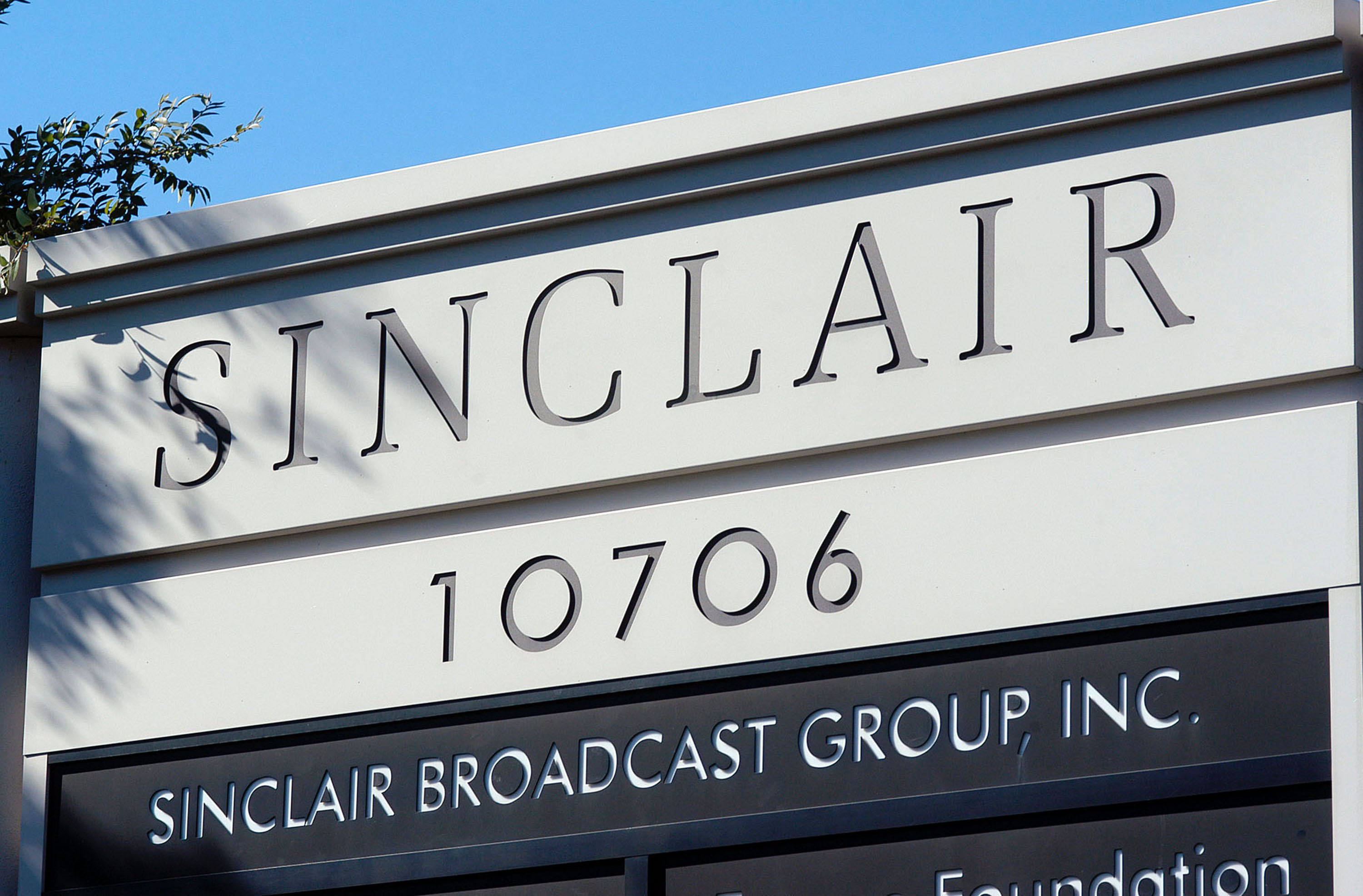Conservative media companies join opposition to Sinclair's purchase of Tribune TV stations


A free daily email with the biggest news stories of the day – and the best features from TheWeek.com
You are now subscribed
Your newsletter sign-up was successful
On Monday, the right-leaning broadcast company One America News Network joined Newsmax and public interest and liberal groups in opposing Sinclair Broadcasting Group's proposed $3.9 billion purchase of Tribune Media, a merger that would expand Sinclair's market share of broadcast TV stations from more than 30 percent of U.S. households to 72 percent of households. Rupert Murdoch's 21st Century Fox is also reportedly threatening to pull Fox affiliate stations if the merger goes through, hitting Sinclair's stock price last week, and the American Cable Association and DISH Network have asked the FCC to require more information from Sinclair about how the merger would affect the public. Monday was the deadline for asking the Federal Communications Commission to block the deal.
Sinclair, which HBO topical comedian John Oliver recently called probably "the most influential media company that you've never heard of," has a notable conservative bent in the commentary and other "must run" segments its sends to its 170 local stations in 81 markets. If the merger is given the green light, Sinclair would add 42 more stations in 33 markets, giving it stations in seven of the 10 biggest U.S. markets.
Under U.S. law, broadcast TV companies are supposed to reach no more than 39 percent of U.S. households, but in April, soon after President Trump named him FCC chairman, Ajit Pai reinstated an antiquated FCC rule designed for UHF television stations that allows broadcast channels 13 and above to not be counted fully in calculating market share. Sinclair, which announced its purchase two weeks after Pai's 2-1 vote, argues that it needs to expand to better compete with cable TV giants and negotiate with other media behemoths. Sinclair and its executives have donated heavily to Republicans, and the company is not expected to face much resistance to its merger from the GOP-led Congress or Pai. You can read more about the FCC's involvement at Politico.
The Week
Escape your echo chamber. Get the facts behind the news, plus analysis from multiple perspectives.

Sign up for The Week's Free Newsletters
From our morning news briefing to a weekly Good News Newsletter, get the best of The Week delivered directly to your inbox.
From our morning news briefing to a weekly Good News Newsletter, get the best of The Week delivered directly to your inbox.
A free daily email with the biggest news stories of the day – and the best features from TheWeek.com
Peter has worked as a news and culture writer and editor at The Week since the site's launch in 2008. He covers politics, world affairs, religion and cultural currents. His journalism career began as a copy editor at a financial newswire and has included editorial positions at The New York Times Magazine, Facts on File, and Oregon State University.
